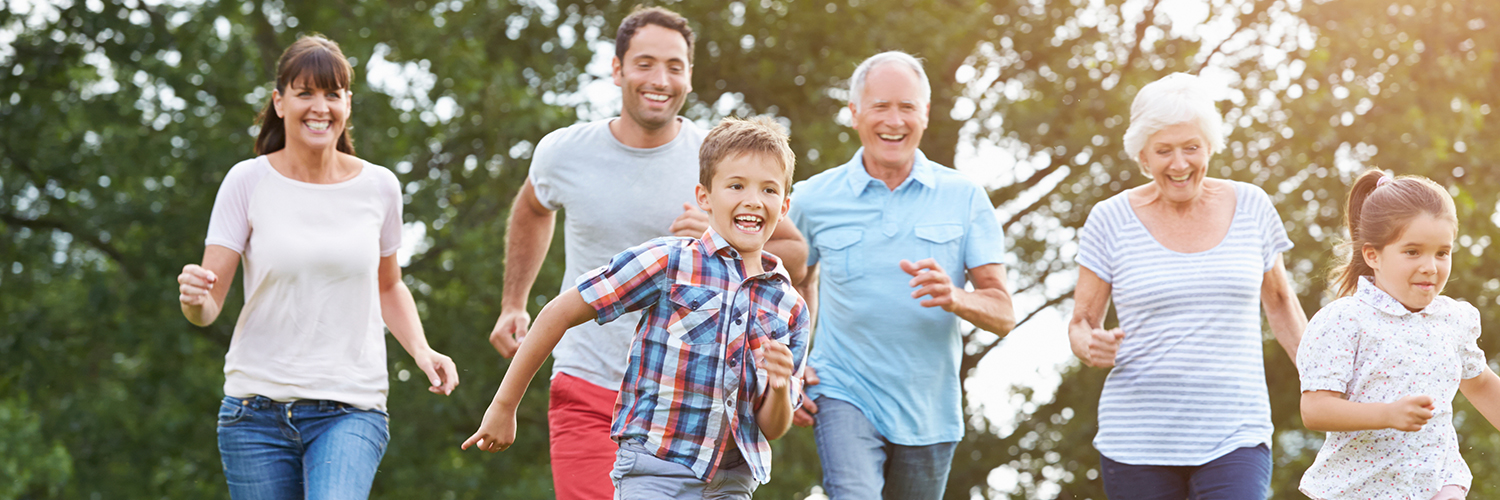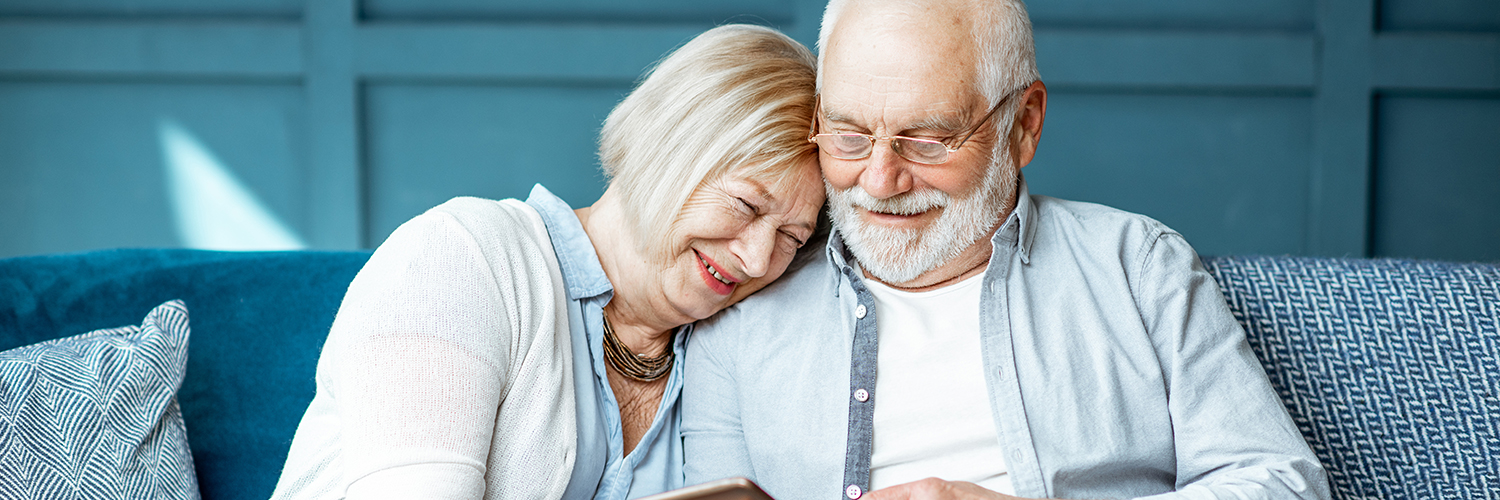SUDDEN CARDIAC ARREST
Sudden cardiac arrest is a medical emergency. You should dial 911 and start CPR right away if you suspect SCA in someone.
Without quick action to revive the heart, a person can die in minutes. But delivering an electric shock to restore a normal heartbeat as soon as possible and giving CPR can be lifesaving.
If another person is available, ask him or her to look for an automated external defibrillator (AED). An AED is a portable device that can detect a harmful change in the heart’s rhythm (arrhythmia) and give an electric shock, called defibrillation. AEDs are available in many locations including shopping centers, sports venues, airports, community centers and office buildings.
Giving CPR and using an AED within the first few minutes of SCA can greatly improve the chances of survival.
SCA: What it is and isn’t
Sudden cardiac arrest is different from a heart attack.
| During a heart attack … | During sudden cardiac arrest … |
|---|---|
| Blood supply to the heart muscle is reduced or blocked, but the heart keeps beating; however, there may be damage to the heart muscle. | The electrical system of the heart goes wrong (think of the way the lights flash before the power goes out), and the heart stops pumping blood. |
| Usually, the person knows something is happening, and can talk about his or her symptoms. | Usually, the person is unconscious, and a pulse may not be found. |
In some cases, a heart attack might trigger the electrical issues that cause sudden cardiac arrest. But these events don’t need to happen at the same time.
Sudden cardiac arrest can happen in people without heart disease. About 80% of cases are due to existing coronary artery disease. However, in most cases SCA is the first sign of a heart problem. That is, those affected were unaware of their heart disease until they had sudden cardiac arrest.
SCA can happen to anyone at any age. But the risk is greater among certain people. For example, it is more likely if you’ve had an SCA. And it’s more likely if a parent, child or sibling has had one. Men and African Americans also are at greater risk.
Still, certain diseases or conditions can cause the heart’s electrical system to misfire and lead to SCA. These include:
• Coronary heart disease
• Structural changes in the heart, for example, a thickened heart muscle/enlarged heart
• Heart failure with reduced pumping function, often referred to as a low ejection fraction (ejection fraction less than 35%)
• Heart attack – 75% of people who suffer sudden cardiac arrest were found to have had a heart attack, many of which went undiagnosed; survivors of heart attack are 4 to 6 times more likely to have SCA than the general population
• Physical stress such as trauma, blood loss, dehydration/electrolyte imbalance or (in rare cases) very intense physical activity
• Heart problems you are born with make you more prone to heart rhythm problems.
Potential Causes
- Having a dangerous heart rhythm causing the heart to “short circuit” and stop beating
- Being born with a heart defect
- Other issues such as heart attack, poor heart function, physical stress; some drugs, drug overdose or toxins can also lead to heart rhythm problems
Some studies have linked SCA to low levels of potassium or magnesium in the body.
Sudden cardiac arrest tends to happen without warning. Usually, the first sign is someone fainting, collapsing or seeming to be lifeless. You may not be able to feel a pulse. It’s critical to call 999 right away.
Recent studies of SCA survivors find that, in some cases, people remember that something didn’t feel quite right beforehand. They recalled:
- Dizziness
- Unexplained shortness of breath
- Chest pains
- Seizures (usually in the arms and legs)
- Feeling sick to the stomach or vomiting an hour before the event
Another study shows that half of patients ages 35 to 65 had warning signs — mainly chest pain and shortness of breath in the 24 hours before the SCA. Some had warning signs for weeks.
People who happen to be in the area during the event play a critical role in saving lives. Their action can mean the difference between life and death.
What to Do?
- Call 999 or have someone else call if other people are available.
- Start CPR at once while waiting for emergency help to arrive.
- Ask another person to find the nearest AED. AEDs are portable devices found in EMS vehicles and public places. They give simple instructions and are programmed to identify an electrical problem and shock the heart.
People who survive an SCA need advanced emergency and cardiac care. Doctors will use basic cardiac testing to identify the cause of SCA, and adjust treatment.
For some patients, an implantable cardioverter defibrillator (ICD) placed under the skin may be needed. ICDs can detect an abnormal rhythm and send low shocks to the heart to restore a normal heartbeat.
It is critical that people who survive sudden cardiac arrest follow their treatment plan.
Otherwise, the best approach is to live a healthy lifestyle by:
- Eating a diet low in saturated and trans fats, and high in soluble fiber and fruits and vegetables
- Exercising regularly
- Getting to a healthy weight and keeping it
- Managing stress
- Quitting smoking
What Else Can You Do?
Know how to respond if someone is in sudden cardiac arrest. Survival rates could double or triple if more people take action and know what to do.
- Know the warning signs of an SCA.
- Act fast. Chance of survival goes down for every minute treatment is delayed. Don’t waste time debating whether it’s SCA.
- Take a CPR class or brush up on your skills if you’ve taken one.
- Learn how to use an automated external defibrillator (AED), and where they can be found.
Keep in mind:
- AEDs are not in all places. Do not delay CPR or calling 911 if an AED is not available.
- AEDs at home don’t seem to affect survival. This could be because many who have an SCA at home are alone.
Some common questions people have about sudden cardiac arrest:
- What causes sudden cardiac arrest?
- Why is using a device to deliver an electric shock to the heart as soon as possible important?
- Are there early signs to watch for?
- Who can operate an automated external defibrillator, or AED?
- My ejection fraction (a measure of how well the heart is working) is low. How worried do I need to be of sudden cardiac arrest?
- What is the chance of having a sudden cardiac arrest if a family member had one?
- Once you’ve had sudden cardiac arrest, what is needed to prevent another one?
VISUAL AIDS
What is a Heart Attack
His presence radiates a warmth, he instils confidence in all those around him, he sets an example for others to follow and is a role model for others to aspire to be like. He was kind, courteous, professional, understanding, caring and highly approachable and relatable as well as the medical guru we all benefit from and rely on to give us our lives back.
A great team player, all of the nursing staff are very happy to work with Salahaddin as he is polite, efficient, and has a great aura of calmness and competence and appreciates the time to be light-hearted.
Dr Ubaid works well with all the staff. His approach to his fellow workers is both patient and respectful. His easy going manner makes him very approachable to ask advice and he accommodates any delays graciously. I personally look forward to working with him.
Your kindness and good humour were very much appreciated and certainly put me at ease throughout the procedure, which on other ocassions has been quite daunting, your relaxed approach to my problem was very calm and professional.
In life we all need role models, if I was in training to be a doctor you would certainly fit that role for me. I thank you so much for what you have done to allow me to continue with my fitness regime and wish you well in the life ahead of you.
In Dr Salahaddin Ubaid I had a medical genius who also contributed significantly to aiding me overcome all of the negative worries and emotions I was feeling. The care he provided to me, his attention to detail, his personal knowledge, expertise, experience and skills was outstanding.
What I valued as much as his erudition was his people skills, he related to everyone as an individual, his understanding, communications, interactions and personable nature were exceptional. Dr Ubaid was quite simply staggering, he is somebody that has had a significant impact on me, not just for giving me my life back and for his medical genius but for being the person that he is.






